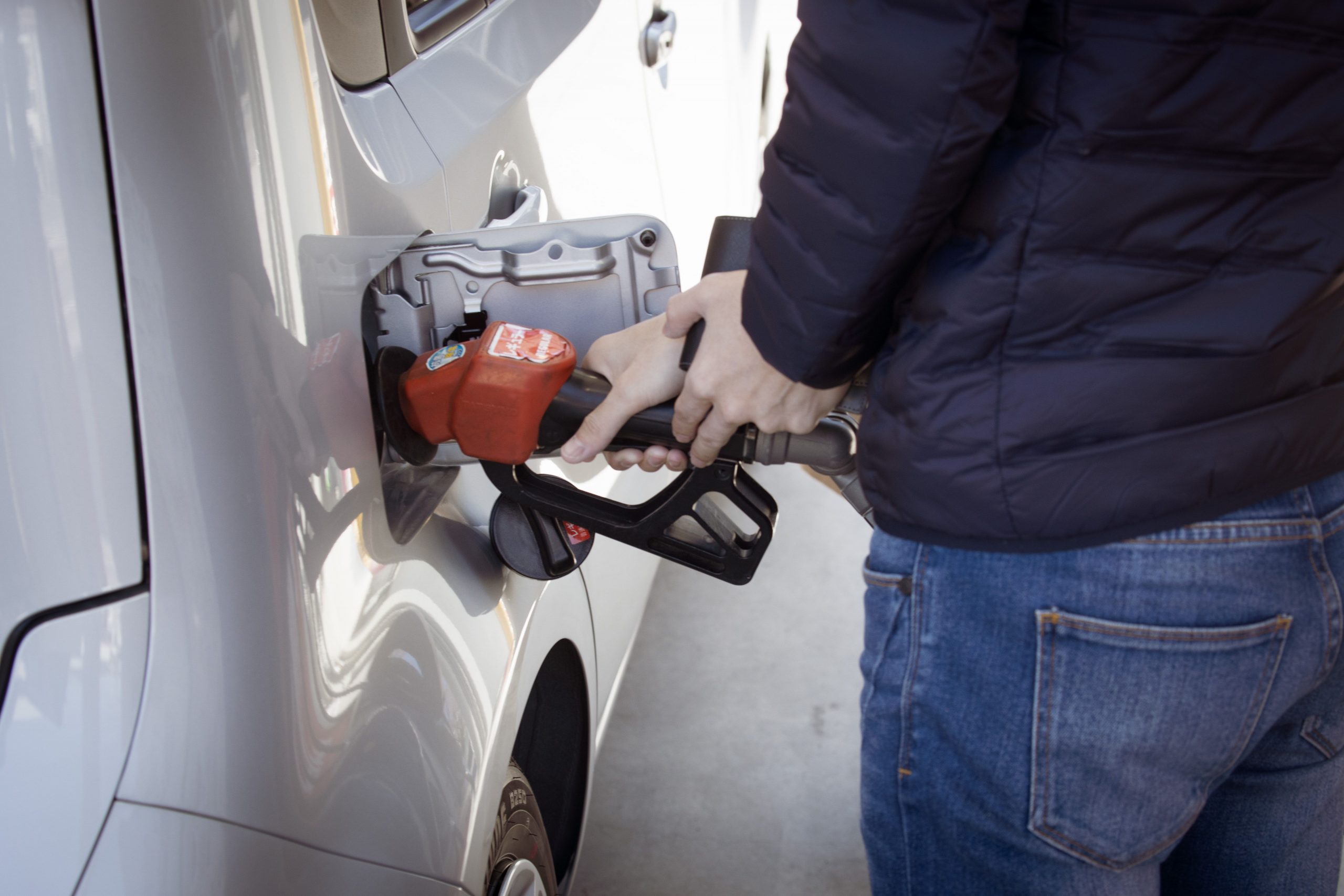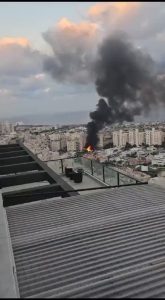Lebanon has been
hit with such dire fuel shortages that even essential services have become
paralysed and long queues have formed outside gas stations waiting in vain for
petrol. Scramble for fuel has sparked chaos which Lebanese security forces have
found difficult to contain. On the verge of bankruptcy, Lebanon is inching
towards mayhem at a quickening pace, according to a Reuters report.
Also Read | Poland to build border fence to keep Afghan refugees at bay
The United Nations
says that Lebanon is fast running out of water and the country will soon run
out of critical medicines. Amid all of this, the country’s ruling elite are
bickering over seats in the new government. The collapse started years ago, but
a culminating point was August 11 when Lebanon’s central bank said that it
could no longer pay for fuel imports at subsidised exchange rates because its
dollar reserves had run dry.
The caretaker
government subsequently decided to raise fuel prices. But the higher prices are
only a fraction of the real price. The central bank is borrowing further to
tide till September. The fuel crisis emerged when Hezbollah, a Shi’ite Islamic
group decided that it would buy fuel from Iran. Political observers say this
will push Lebanon further in Iran’s grasp.
Also Read | Afghanistan: These countries will accept Afghan refugees after Taliban coup
More than half of
Lebanon’s population, nearly 6 million people, have been pushed into poverty
and the value of the country’s currency has dropped by nearly 90%. The crisis
is so acute that hijackings of fuel tankers have become almost a daily occurrence.
Last week, at least 28 people were killed in northern Lebanon after a fuel tank
exploded during a scramble for gasoline.
Also Read | Europe fears Afghan refugee crisis after Taliban takeover
A Lebanese
government official said that many small groups have realised that they can
seize tankers on road by force. There have been at least 8 incidents a day at
gas stations or targeting tankers, said the official.
Meanwhile, the
failure of the Lebanese establishment lay exposed when a public row took place
between the president and the central bank over fuel subsidies. The president
was furious when Lebanese central banker Riad Salameh said nobody was running
Lebanon.







